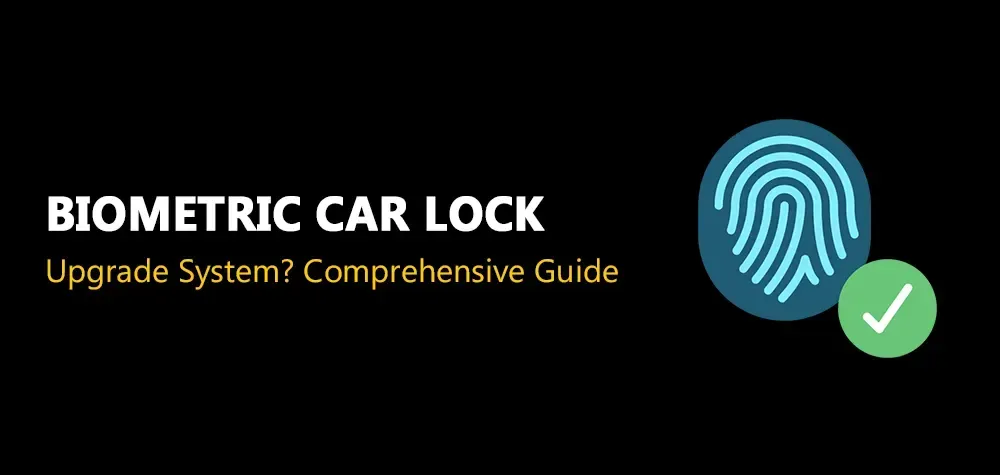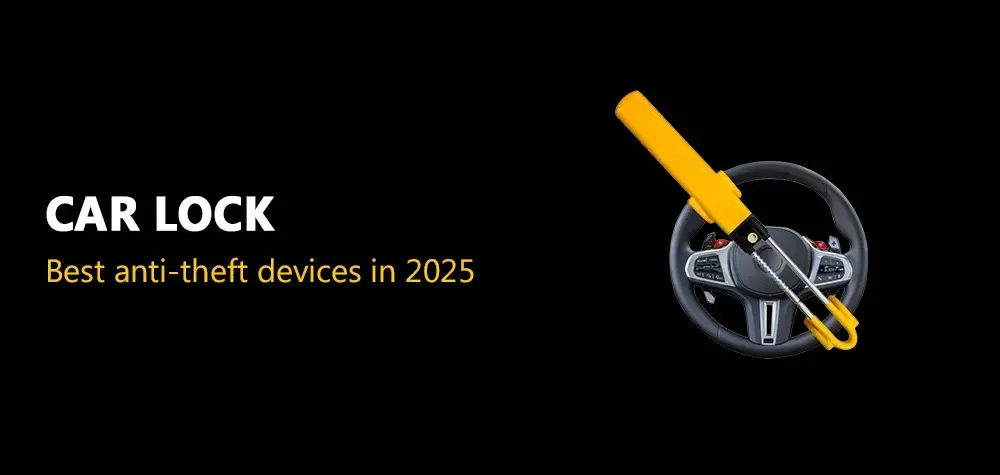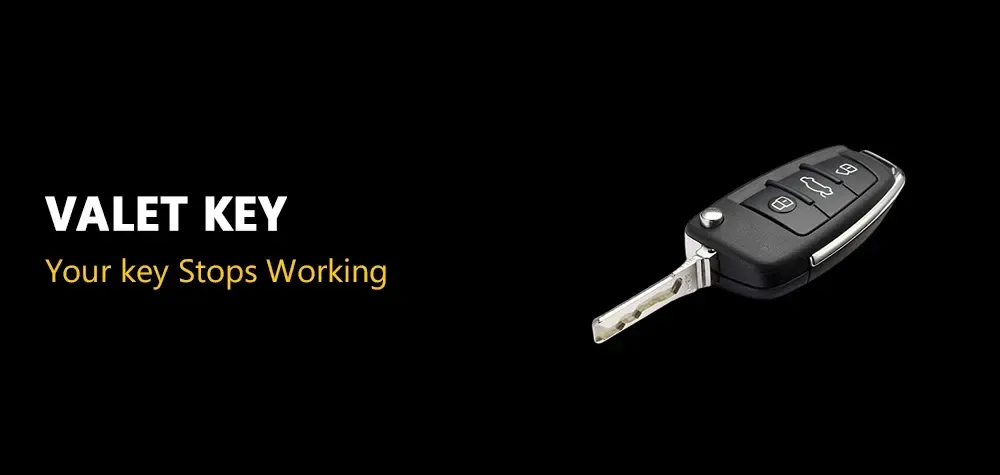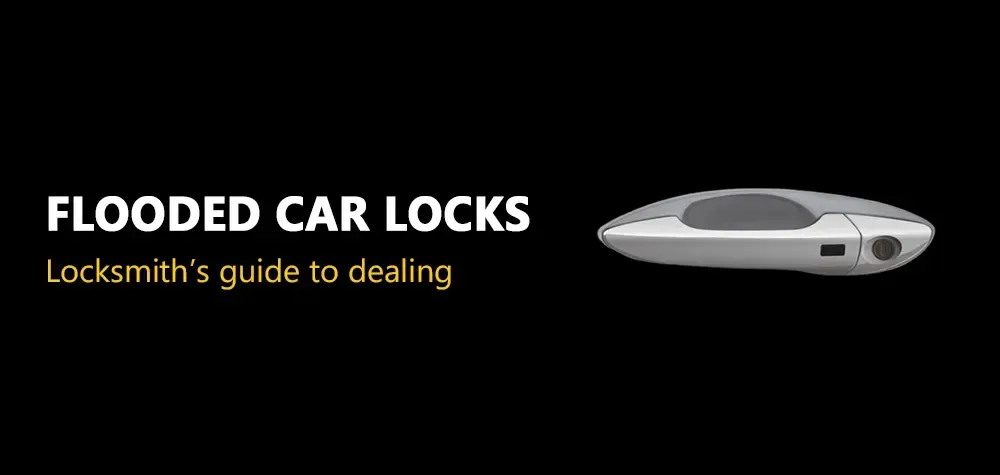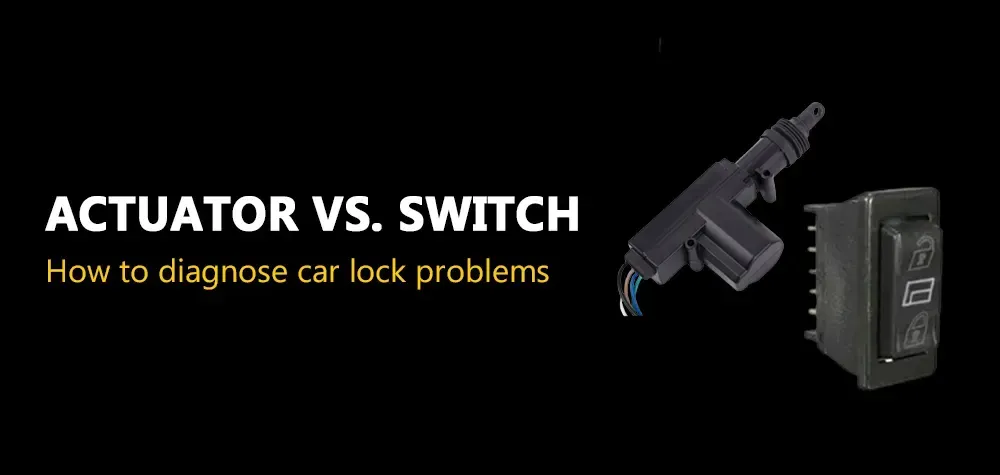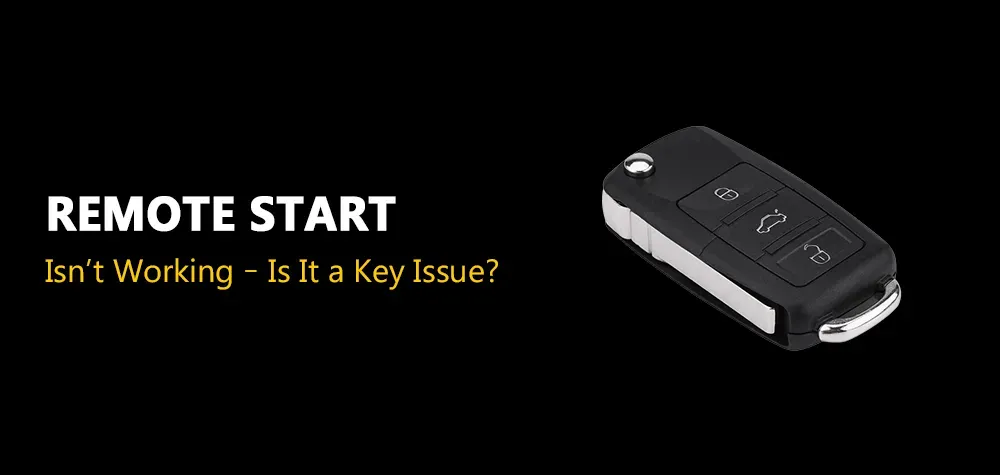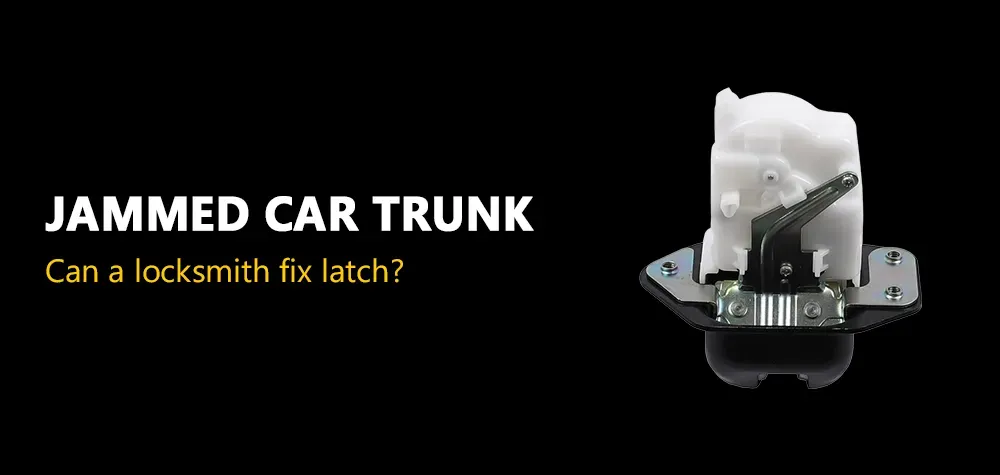Can a Locksmith Open a Safe Without Damaging It?
Safes are designed to keep valuables secure, but what happens when you find yourself locked out of your own safe? Whether it’s due to a lost key, forgotten combination, or a malfunction, the prospect of opening a safe can feel daunting. Many people wonder if a locksmith can open a safe without causing damage. The answer is yes—professional locksmiths are trained to open safes while preserving their integrity in most cases. Here's everything you need to know.
Why Might You Need a Locksmith for Your Safe?
There are several reasons why you might need to call a locksmith to open a safe:
- Lost Key or Combination: Forgetting a safe’s combination or misplacing its key is a common issue. Over time, if you haven’t used the safe, it’s easy to lose access details.
- Mechanical Malfunction: Safes with worn-out locking mechanisms may fail to open, even with the correct combination or key.
- Lockout Mode Activation: Many modern safes activate lockout mode after multiple incorrect attempts, leaving you unable to access your valuables.
- Broken Components: Over time, parts of the safe can wear out or break, such as the locking bolt or hinges, requiring professional repair.
A locksmith can assess the situation and apply specialized techniques to open the safe without damaging it unnecessarily.
Also Read: Is It Safe to Use an Online Locksmith Service?
Risks of Attempting to Open a Safe Yourself
It might be tempting to try DIY methods, but forcing a safe open can have several risks:
- Permanent Damage: Using tools like crowbars or drills can destroy the locking mechanism, rendering the safe unusable.
- Voiding Warranties: Attempting unauthorized access can void any manufacturer’s warranty on the safe.
- Injury: Safes are heavy and durable. Using the wrong tools can result in injury during your attempts.
- Increased Costs: Fixing the damage caused by DIY attempts may cost more than calling a locksmith initially.
A professional locksmith is equipped with the knowledge and tools to avoid these risks, saving you time, money, and hassle.
How Locksmiths Open Safes Without Causing Damage
Locksmiths are trained professionals who use specialized tools and techniques to access safes while preserving their integrity. Their expertise allows them to address a variety of safe issues, such as lost keys, forgotten combinations, or malfunctioning mechanisms, without causing unnecessary damage. By tailoring their methods to the type and design of the safe, locksmiths can safely and efficiently unlock it, ensuring that the safe can still be used afterward. Below are some common techniques locksmiths use to open safes without causing damage:
How to open a combination safe
1. Manipulation
Manipulation involves carefully listening to and feeling the safe’s locking mechanism to identify the correct combination. This technique requires patience, skill, and a deep understanding of lock mechanics. It is non-invasive, leaving the safe entirely unharmed.
2. Lock Scoping
Using a specialized device called a borescope, locksmiths can visually inspect the internal components of the safe lock through a small, drilled access point. This helps them determine the correct combination or diagnose mechanical issues without compromising the safe’s structure.
3. Picking
For safes with key locks, locksmiths can use precision lock-picking tools to disengage the lock. This method is effective for older or less complex locks and avoids any permanent damage.
4. Bypass Techniques
In cases where the locking mechanism has a flaw or vulnerability, locksmiths may employ bypass methods to unlock the safe without interacting with the main locking mechanism. These methods are typically safe-specific and require advanced knowledge of lock designs.
These professional techniques ensure that safes can be opened efficiently while maintaining their usability and security. Always consult a qualified locksmith, like Brothers Locksmith, to handle safe-related issues and prevent unnecessary damage.
Electronic Safes vs. Traditional Dial Safes: Pros and Cons
The Benefits of Hiring a Professional Locksmith
Choosing to work with a locksmith instead of attempting to open a safe yourself comes with several advantages:
- Expertise and Training: Locksmiths are trained in safe-opening techniques that minimize damage while ensuring quick access.
- Specialized Tools: Locksmiths use professional-grade tools tailored for safes, which are not typically available to the general public.
- Time Efficiency: A skilled locksmith can open most safes in a fraction of the time it would take an untrained individual.
- Preservation of Your Investment: Safes are costly, and professional services protect their integrity, extending their lifespan.
- Additional Services: Locksmiths can offer maintenance, upgrades, and advice on keeping your safe in top condition.
When you hire professionals like Brothers Locksmith, you’re not just getting a quick fix—you’re investing in peace of mind and expertise.
Can I change the combination on my safe lock?
What Else Can Locksmiths Do Besides Safe Opening?
Locksmiths provide a wide range of services beyond opening safes. Here’s a glimpse of what professionals like Brothers Locksmith can do:
- Residential Lock Services: Rekeying, lock installation, and lock repairs for homes.
- Commercial Lock Solutions: High-security lock installations, master key systems, and access control setup for businesses.
- Automotive Lock Assistance: Unlocking cars, replacing lost keys, and repairing ignition locks.
- Emergency Services: 24/7 assistance for lockouts, jammed locks, and broken keys.
- Safe Installation and Maintenance: Helping you choose, install, and maintain the right safe for your needs.
When to Call a Locksmith for Your Safe
Knowing when to call a locksmith is essential. You should seek professional help if:
- You’ve lost your safe’s key or forgotten the combination.
- The safe’s locking mechanism appears jammed or broken.
- The safe has entered lockout mode after too many incorrect attempts.
- You’ve tried troubleshooting the problem but still can’t open the safe.
- The safe holds critical or urgent items you need immediate access to.
Calling a locksmith early can save you the frustration and additional costs of failed DIY attempts.
Safe Lockout Situations: How to Handle Them
Conclusion
Locking yourself out of a safe can be stressful, but attempting to open it yourself can lead to more harm than good. Professional locksmiths have the expertise, tools, and techniques to open safes efficiently and without causing damage in most cases. With services like those offered by Brothers Locksmith, you can regain access to your valuables while ensuring the longevity of your safe.
FAQs About Locksmiths and Safe Services
1. Would a locksmith open a safe?
Yes, locksmiths are trained to open safes using non-invasive methods whenever possible. They can work on mechanical, digital, and combination safes, ensuring minimal damage while restoring access.
2. Can a locksmith reprogram a safe?
Absolutely! Many locksmiths can reprogram digital safes by resetting the code or reconfiguring the locking mechanism to suit the owner's requirements.
3. Can a locksmith open an old safe?
Yes, experienced locksmiths can open old or antique safes. They use specialized tools and techniques designed to handle older locking mechanisms without causing damage.
4. Can locksmiths open digital safes?
Yes, locksmiths are equipped to handle digital safes. They can address issues like forgotten codes, power failures, or malfunctioning keypads, often without damaging the safe.
5. How long does it take for a locksmith to open a safe?
The time required varies depending on the safe’s complexity and the issue at hand. Simple safes might take minutes, while high-security safes could take hours.
6. Is it cheaper to repair or replace a safe?
Repairing a safe is generally more cost-effective unless the safe has severe structural or mechanical damage that compromises its integrity.
7. What should I do if I forget my safe’s combination?
If you forget the combination, avoid tampering with the safe. Contact a locksmith to recover or reset the combination without causing damage.
8. Can locksmiths upgrade my safe?
Yes, locksmiths can upgrade your safe by installing advanced locking mechanisms, such as biometric or smart locks, to enhance security.
9. What types of safes do locksmiths work on?
Locksmiths can work on a wide range of safes, including fireproof, wall-mounted, gun safes, and commercial-grade safes.
10. Are locksmiths available for safe emergencies?
Many locksmiths, like Brothers Locksmith, offer emergency services to open safes in urgent situations, ensuring quick and professional assistance.
Call Us Any Time!
